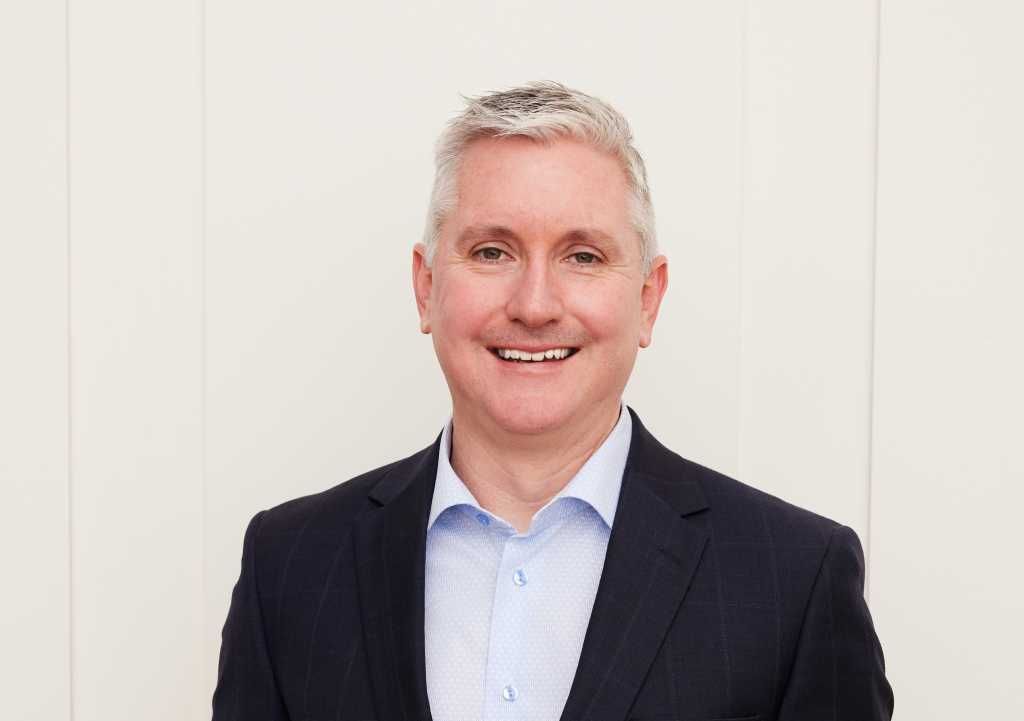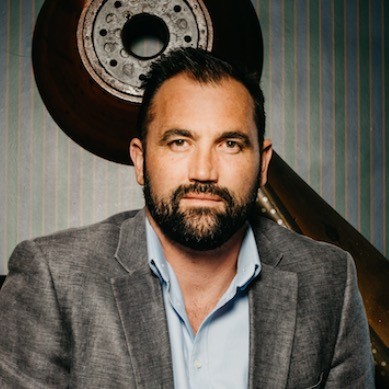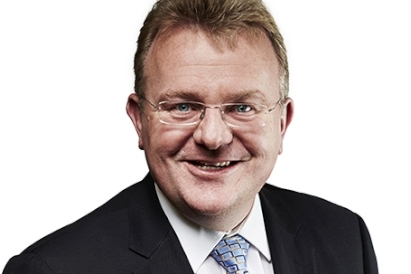By Linda Scott, Thinking Leaders >>
AFTER 30 YEARS working with businesses of all shapes and sizes, I can’t tell you the number of times I have heard from business owners and CEOs “I just can’t get out of the weeds”.
Or, “I can’t delegate to my team as I don’t trust them to do it right.” 
Or, “I just don’t have enough time.”
Or, finally, “My team just don’t do as I ask. If only I had better people …”
It’s these issues that seem to be the ‘cause’ of growth and expansion issues, exit strategy challenges and generally building a great business.
So, I thought I’d share a few secrets about business success – and a new way of thinking that is proven to work, that you can implement straight away, and that will directly impact the success of you, your teams and your business.
Ready to go?
Okay.
Starting with … you
It starts with you. What you say? Me? This isn’t about me – it’s about my teams …
I hate to burst your bubble here – because it is rarely the people within an organisation that stop businesses succeeding – it’s the leadership, which starts all the way at the top!
I’ll say it again – it starts with you. As the person at the top, you are responsible for the standards, attitudes, benchmarks of success, culture, communication and so much more.
It’s about who you are, how you turn up, how you respond in crisis or when things don’t go to plan. It’s about your behaviour under stress and uncertainty.
It’s your self-leadership mastery that is at the centre of your success.
Because the reality is, if you are not personally accountable and responsible for your actions and results, view failure as a negative, and blame others, your people will see that as the benchmark of excellence.
That’s it. Like parenting, you are modelling best practice.
So, your high performers will leave because they no longer align with the culture of the organisation – they will no longer respect or trust you, and those remaining will behave at this level only at their best.
And this has the ripple effect down through your executive team, senior leaders and all the way to the office junior.
Case study in leadership change
Recently, I completed a project with an incredible business, Outsource Institute Australia. They are a top engineering training provider in Australia.
They were facing challenges because the owner wanted to transition to an advisory role rather than being in the day-to-day weeds, shifting the responsibilities to the Executive Leadership team.
They found themselves experiencing challenges with communication, leadership dynamics, accountability and responsibility, decision making and general cohesiveness and culture throughout the organisation. This is such a normal and common occurrence in business.
And, as always, we discovered the challenges started at the top – with the owner Carl.
It wasn’t until he underwent a process of self discovery that things began to change. In Carl’s words, it was the process of getting to know himself first that gave him the confidence when dealing with adversity and the challenges of running a business.
He’s the first one to admit that, until he became more self-aware, he was creating a culture where people weren’t thriving. This directly impacted performance, retention and results throughout his business.
He stepped up as a true leader, took responsibility and made the change. And he’s never looked back.
Now his team members have also transformed, the organisation is growing, and teams are happy and engaged.
True leaders always look around
Onto the second secret: As a leader, we must learn to leave our ego at the door and look around – to be curious.
How is my behaviour and communication impacting my teams and results? Am I being high performing or creating an environment where people don’t have psychological safety and feel fear rather than empowerment?
Because, like you, our teams want to feel like they have success each and every day – that they achieve and have purpose. But if they have stress and anxiety because of the environment the leaders create, then they can’t flourish, which impacts productivity and the bottom line results.
So, let’s look at results another way. Instead of blame, let’s move to curiosity and personal accountability.
The fastest way for you to grow your business, get investors, de-risk and thrive is to empower your people to be their best.
And my last secret for now…
Strategise to empower people to be their ‘best’
Everything we do is a strategy – a series of steps that gets us from A to B.
So, if you are not getting the results you want, look at the strategy you ran to get there.
And ask the question: Where’s the gap in the strategy? How can we be flexible and do things differently to get the result we wanted?
It’s like running a marketing campaign – it will always fail until it doesn’t. Marketers are constantly tweaking the strategy until they consistently get the results they want.
A team member didn’t write a report to your standard? Let’s look at the guidelines and frameworks that you have provided that team member in order to set them up for success. What training and guidance have they received? How have you taken the responsibility for setting them up for success?
It’s generally not the people that fail, it’s the systems and strategies that fail. Again we are back to personal accountability and responsibility at the top.
You may be wanting to argue with me – and that’s okay. But I ask you to take a moment to think – really think – how have you set your people up for success?
What steps have you taken to ensure they are fully trained, that you understand their motivations (and that’s another article right there)? What gives them purpose? What do they value? How do they communicate and behave? How do you meet them ‘where they are at’ when you communicate with them?
Leadership really is all about human behaviour. Yourself, your teams – people.
Yes, it’s great to have the best people – but you must build rapport with them, communicate with them in a way they resonate with, inspire and influence them. Then you are on your way to creating a high performing culture that people want to be part of.
It’s quite a process this self-awareness stuff. I know it was for me. I certainly didn’t learn it in accounting school!
And back to where we started … it starts with you. Your self-leadership – your habits, routines, how you turn up, how you lead, your language, your standards and attitudes, your benchmarks, how you respond in crisis and chaos – and how you inspire and influence.
Everyone really is doing the best they can with the resources they have.
So, what resources do you have? Who are you modelling? What type of leader do you want to be?
How are you creating the business you want, with the team you want, to achieve the success you want? What are you aiming for?
Only once you can lead and manage yourself can you lead others and organisations .
You will then be able to step out of the weeds, and build trust with your teams. You will inspire and influence them. They will connect with the purpose and be motivated to be their best.
You will create a high performing culture.
Then you have choice about how you spend your time – and that’s what business and life is all about, isn’t it?
About the author, Linda Scott and Thinking Leaders
Linda Scott’s Thinking Leaders organisation has an innovative approach to business and leadership development by empowering leaders and their teams to overcome barriers to success, take control of ‘today’ and realise their full potential. Thinking Leaders has developed a world-class online self-leadership course and, as part of the business-building process, introduces transformational coaching, dynamic workshops, keynotes and facilitation. Through these initiatives, Thinking Leaders goes beyond traditional leadership development by partnering with business owners, executives, leaders and teams to overcome their challenges and maximise performance, delving into organisational culture and high performance strategies. www.thinkingleaders.com
ends


 How to resolve AdBlock issue?
How to resolve AdBlock issue? 





